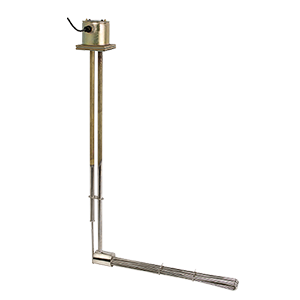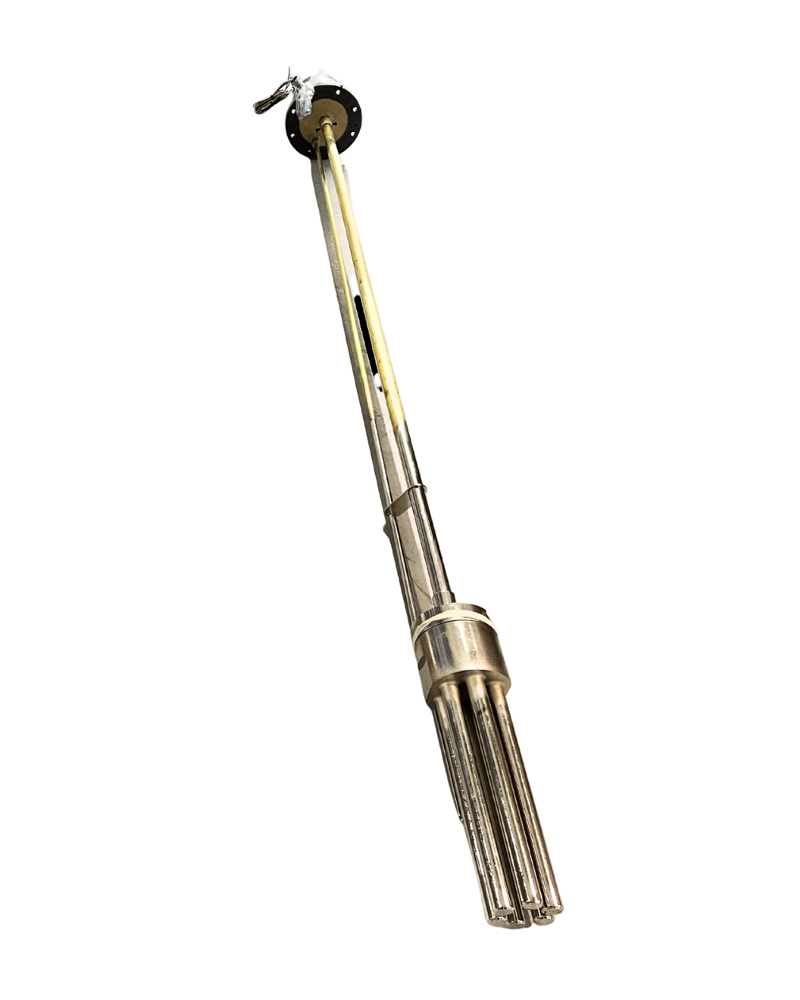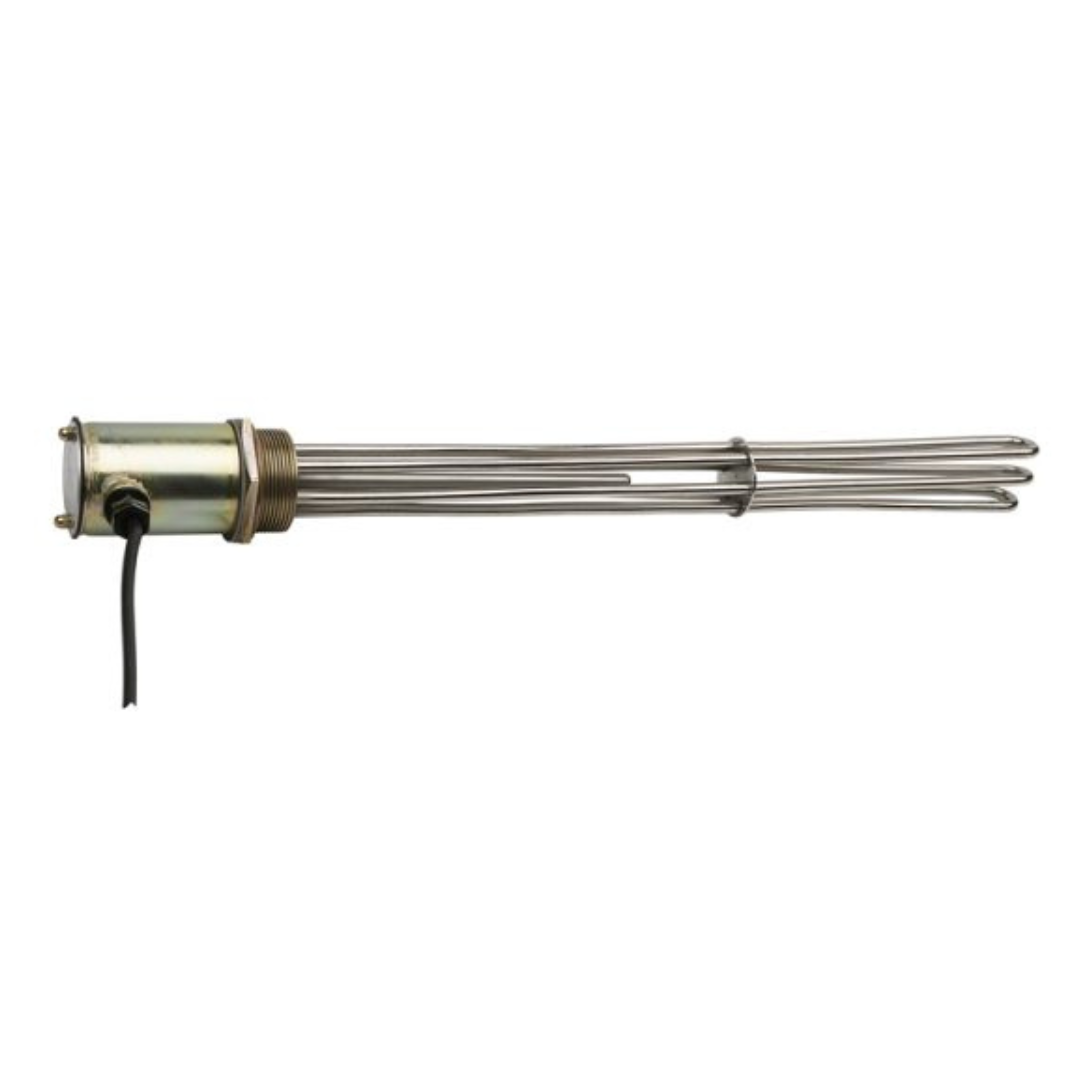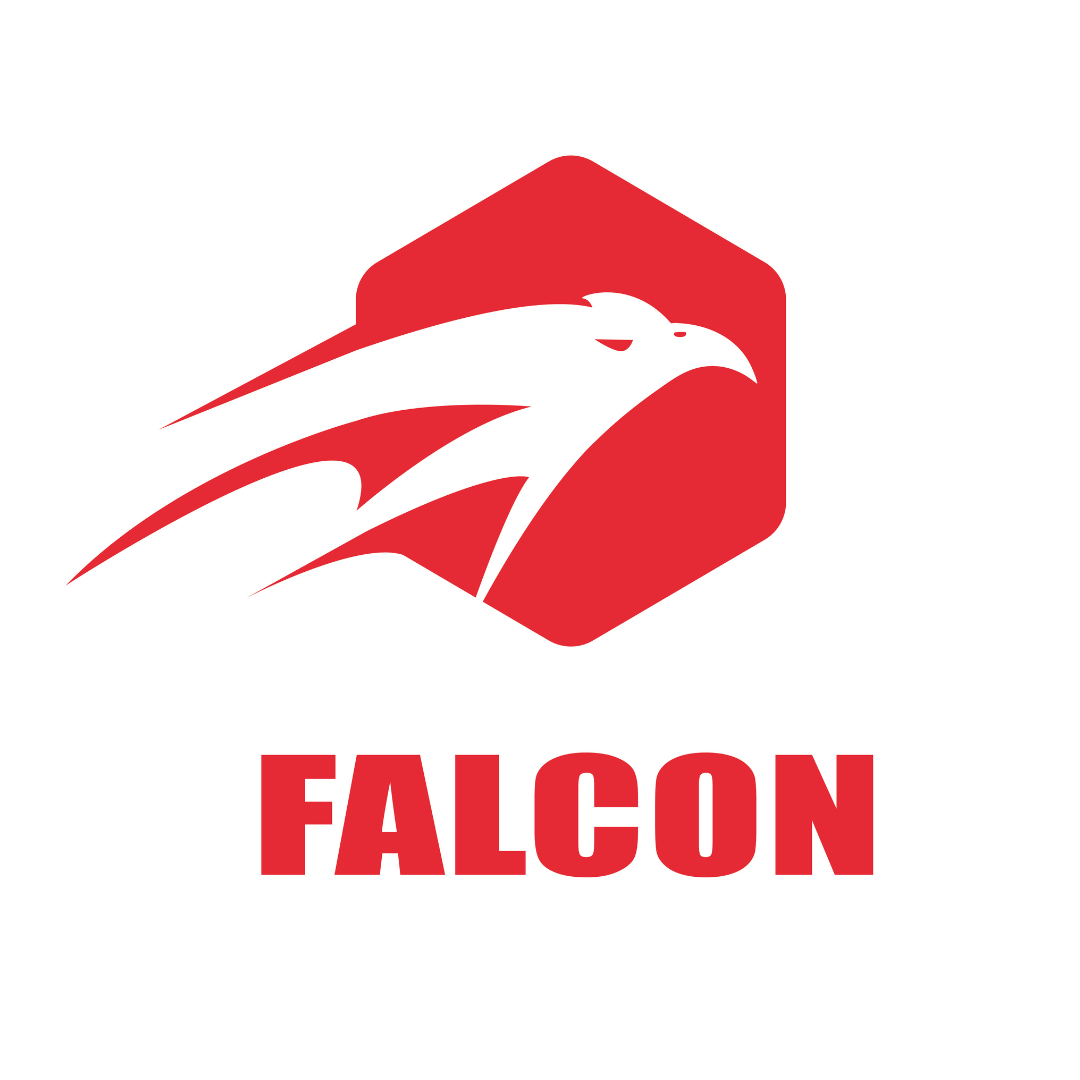At Preheat our fuel tank heaters are able to regulate and keep the fuel at a stable safe temperature to prevent overheating. This is particularly important in fuel that contains additives and treatments.
Additive Breakdown
Fuel additives are chemically formulated to improve performance by cleaning, stabilising, or reducing emissions. When overheated, some of these additives can degrade, losing their effectiveness. Stabilisers may also break down, causing the fuel to oxidise or form gums and deposits more readily.
Evaporation and Varnish Formation
Heat increases the volatility of certain fuel components, leading them to evaporate more easily. This process can result in sticky residues or varnish within the fuel system, which can clog filters, carburetors, or fuel injectors.
Oxidation and Gum Formation
Overheating accelerates the oxidation of hydrocarbons in the fuel, a reaction with oxygen that forms gums and varnish. These deposits can coat engine components, potentially leading to misfires or engine knocking.
Phase Separation
Some treated fuels, especially those with ethanol blends, may undergo phase separation if they’re heated for too long. This means the water and alcohol can separate from the fuel, which affects combustion and can lead to engine damage if it reaches sensitive components.
Potential for Increased Corrosion
Heat can exacerbate the corrosive potential of fuel treatments if they contain reactive components. Some additives are designed to counteract corrosion, but when overheated, they may lose their protective properties, exposing fuel system parts to damage.
In summary, overheating fuel with additives can lead to performance issues, deposit formation, and potential engine damage.
At Preheat Engineering, we offer comprehensive solutions to heating the fuel whilst ensuring optimal fuel performance.
Trust Preheat Engineering’s fuel tank heaters to provide reliable protection against fuel gelling and waxing.







